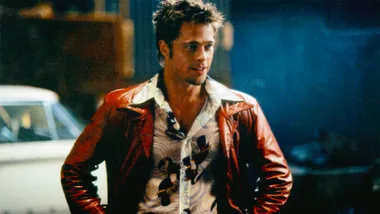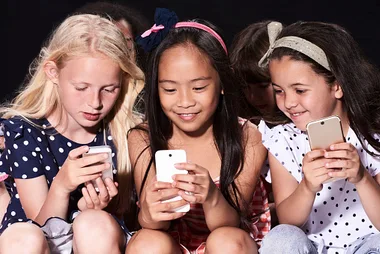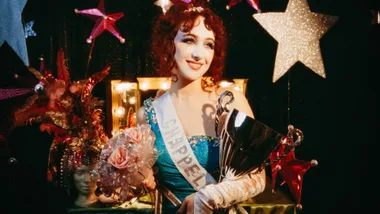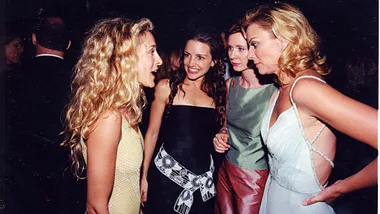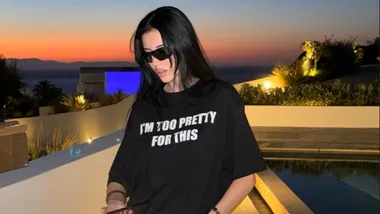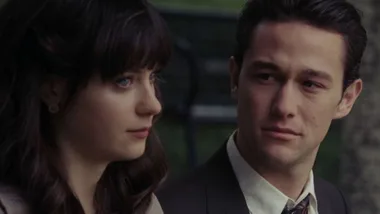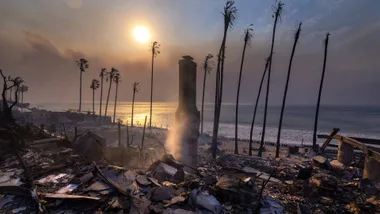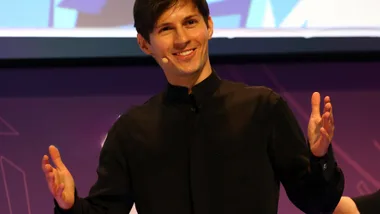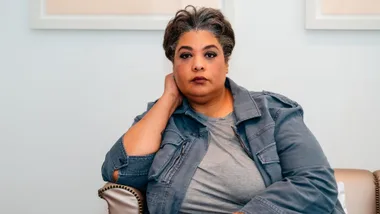I was 21 when I told my dad I was gay. I asked if we could go for a drive as I needed to complete my hours to get my license. We drove for almost two hours in the rain and I remember him questioning why I was driving so terribly. I blamed it on the weather but really I was trying to figure out how to tell him ‘I liked dudes’ as I so eloquently put it at the time.
I’ve always been a bit of late bloomer in most aspects of my life but I remember in that moment wondering if maybe I’d told him too soon, maybe I wasn’t ready. He sat in silence as we continued through the endless downpour until he said calmly and with a smile “I know…now take the next right son.”
In high school I studied contemporary dance and ballet and, in retrospect, I was lucky I made it through relatively unscathed. While I had the support of my peers and family I wasn’t immune from bullying. People asked me when I was going to pirouette out of the closet and I was constantly questioned about why I didn’t have a girlfriend.
But that’s nothing compared to the bullying that many fear will take place in the lead-up to the same-sex marriage plebiscite.
On Monday, the Coalition proposed a plan for a plebiscite (a non-binding public vote on whether same-sex marriage should be introduced).
Under the plan, $15 million of taxpayers’ money will be supplied to both sides of the debate – the ‘yes’ and ‘no’ campaigns on same-sex marriage.
This means that $7.5 million will go towards anti-gay groups, who will unleash an avalanche of hateful messages upon the LGBTI community.
What makes this even more unbelievable is that we know that most Australians support same-sex marriage. (An estimated 72 percent of the general public is behind marriage equality).
And we also know that one in five lesbian, gay or bisexual Australians currently experience depression, and that up to 80 per cent of LGBTI teens have experienced homophobic language at schools.
Georgie Harman, CEO of beyondblue said “We know about 10 percent of young people are same-sex attracted or are experiencing gender identity issues. This is not a small number.”
I was 21 when I found the courage to come to terms with my sexuality and who I was. Just imagine how difficult it would be for the youth of today to walk the streets and see anti gay marriage campaigns plastered on billboards while they make their way to school. Just imagine if it was you or your child. Couple that with the fact that the plebiscite will give every bigot an excuse and a platform to spread homophobic slurs, I cant help but feel it will undermine all the progress we have made so far.
Same sex marriage has been approved in 21 countries and while Australia is well behind our international peers, exposing the LQBTI community to public ridicule from our own government is not the way to achieve equality.
But don’t take my word for it.
Last year Ireland held a plebiscite (before eventually legalising same-sex marriage) – and it was reportedly “brutal” for LGBT people and their families. These are just a few examples of what we can expect to see on our screens and on our streets if the plebiscite goes ahead.
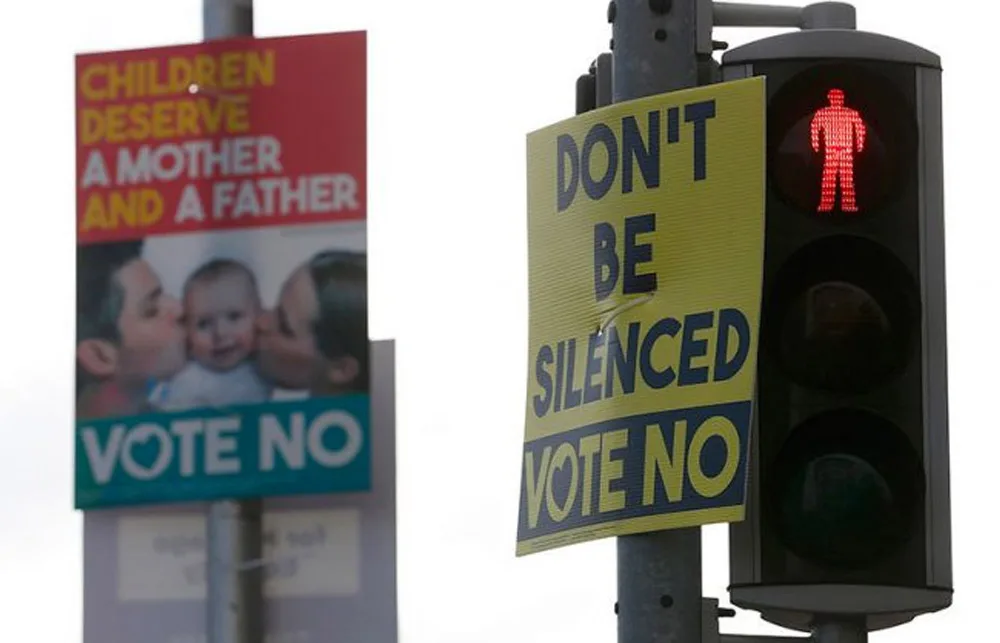
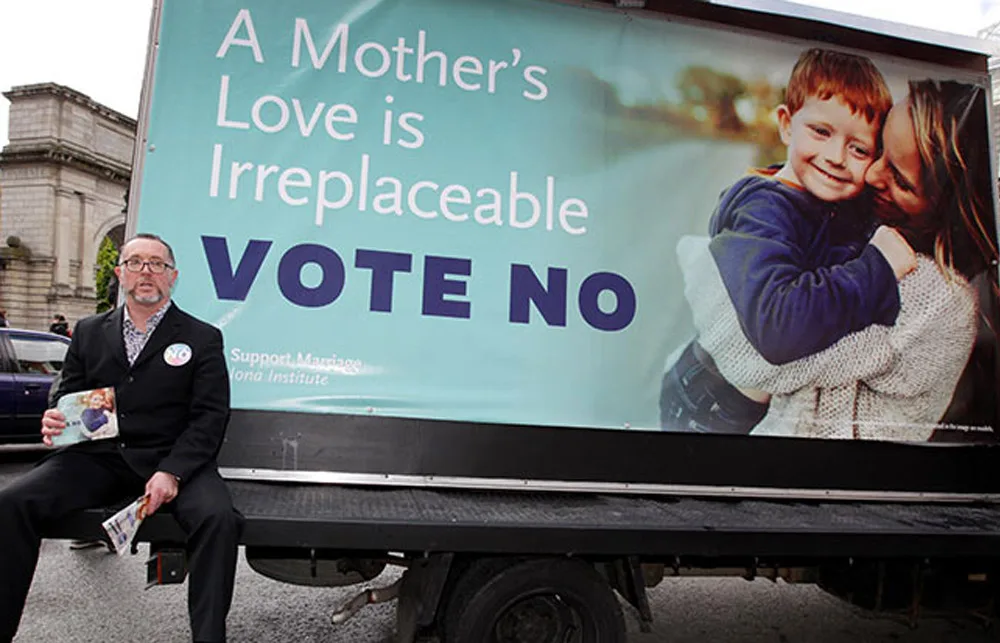
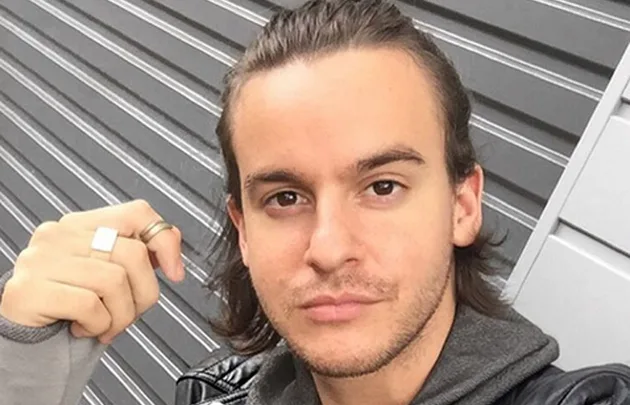 Instagram: aaronjamess_
Instagram: aaronjamess_
